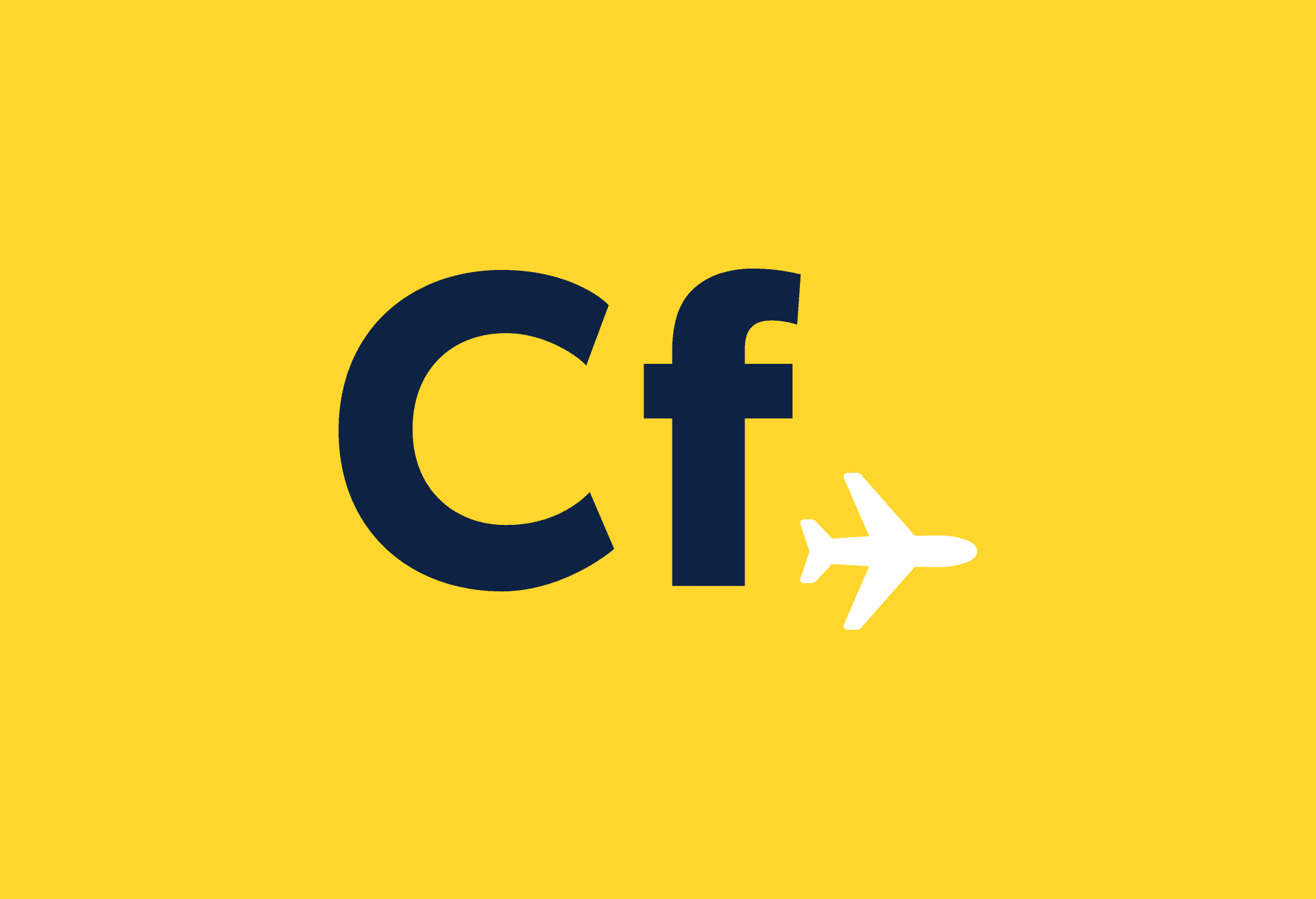Airlines across Europe have been accused of blocking passengers’ compensation claims for delayed and cancelled flights. (Featured image by mooney47)
The claims have come despite a new ruling by the EU last year. The ruling states that passengers whose flights are cancelled or delayed by more than three hours are entitled to somewhere between £204 and £490 in compensation.
The ruling applies to all passengers flying to or from an EU, Swiss, Norwegian or Icelandic airport or with an airline from these areas.
Yet research by flight-delayed.co.uk, a website that aims to help passengers with compensation claims, has accused European airlines of ignoring the EU ruling.
Airlines are exempt from paying compensation if delays or cancellations are caused by “extraordinary circumstances” – anything deemed to be outside an airline’s control. This term could include extreme weather, strikes, security risks and unexpected technical difficulties.
Flight-delayed.co.uk claims that it is this “extraordinary circumstances” clause that airlines are exploiting to get out of paying compensation.
The website claims that the vast majority of claims are rejected immediately, with “technical defects” cited in nearly 40 per cent of cases.
“Airlines use this legislative loophole to their advantage by blaming every delay on the catchall excuse of ‘technical defects’,” said Raymond Veldkamp, a spokesman for flight-delayed.co.uk.
Of the 10,000 passengers used to compile the data, just 846 received compensation from their airline directly after their first request. The rest were forced into lengthy and off-putting complaints procedures to get their compensation.
Not only that, but the research also found that airlines have started dragging their feet over responding to passenger claims, with many ignoring the six-week timeframe set out by the EU ruling.
Since the ruling on October 23 2012, less than a quarter of claimants received a response within six weeks – down from 45 per cent before that date.
“The numbers speak for themselves,” added Mr Veldkamp. “Airlines ignore the legally set response time or fail to respond altogether. If they do respond, they almost always reject the claim.”
A spokesman for British Airways, which the research found has only responded to 17 per cent of claims within six weeks since October 23, said it “did not recognise” the findings of the research.
The Civil Aviation Authority has said that any claimants who do not receive a response quickly, or are unhappy with the response, should contact them to have the claim taken up for free.


